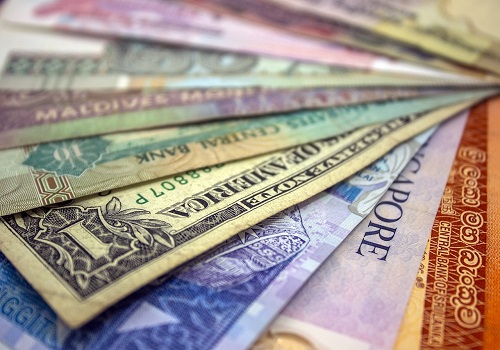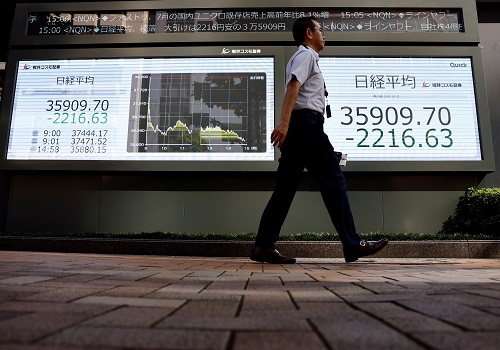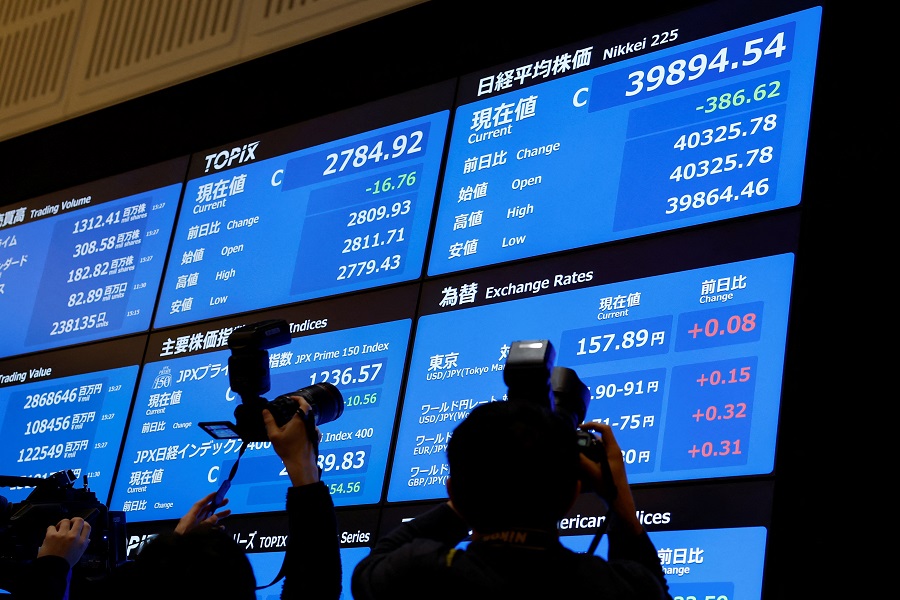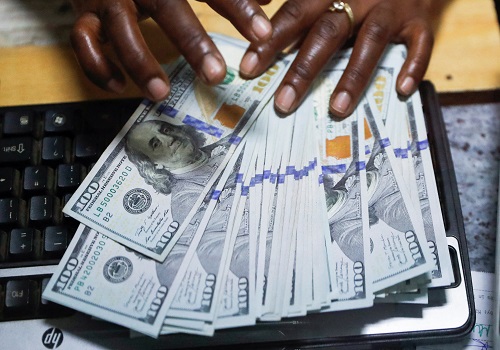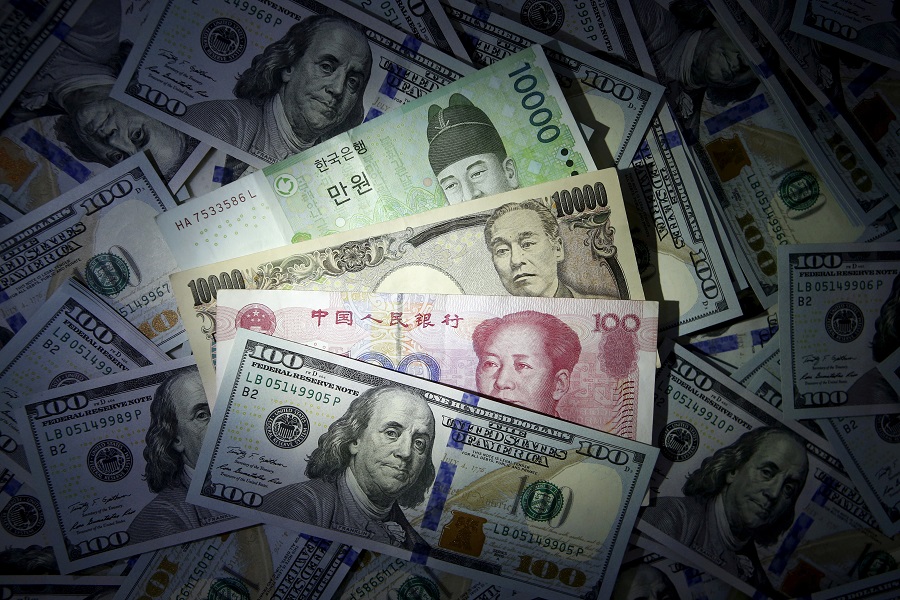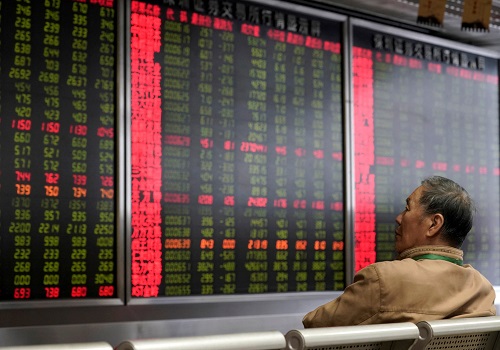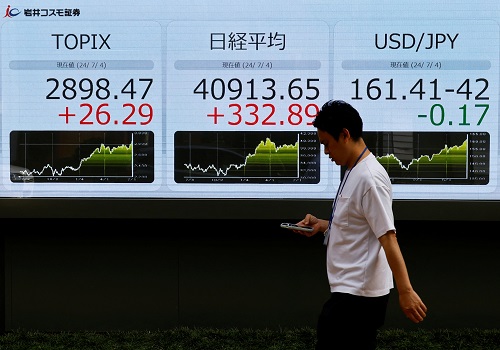Asia stocks slide as China weakness, rate cut jitters weigh

Asian equities slumped on Wednesday, led by Chinese stocks after a slew of data pointed to a patchy recovery in the world's second-biggest economy, while the dollar was near a one-month high as traders dialled back bets of early interest rate cuts.
MSCI's broadest index of Asia-Pacific shares outside Japan slid 1.34%, touching a fresh one-month low and on course for its weakest weekly performance since August. The index is down 3% for the week.
China stocks fell sharply after data showed China's economy grew 5.2% in the fourth quarter from a year earlier, missing analysts' expectations slightly but still ensuring Beijing met its annual growth target of around 5%.
December activity indicators released along with the GDP data showed retail sales grew at the slowest pace since September, while investment growth remained tepid, though industrial output showed signs of improvement.
China's blue-chip stock index was down more than 1% in early morning trade, hovering near the lowest level since early 2019. Hong Kong's Hang Seng index slumped 2.5%.
"The series of China’s economic data releases today seem to reflect more of the same – an uneven growth environment, which does not offer much conviction of a sustained turnaround just yet," said Jun Rong Yeap, a market strategist at IG in Singapore.
"The trend of weak economic data suggests that the accommodative policy environment has yet to translate to a sustained turnaround in economic conditions, which may amplify call for more supportive intervention by authorities in first half of 2024."
Meanwhile, Japan's Nikkei shrugged off the broader malaise and rose to a new 34-year peak. It was last up 0.5% having surged over 1% in early trading.
Investor enthusiasm was also dampened by the hawkish rhetoric from central bank officials, pushing back against expectations of early rate cuts.
U.S. Federal Reserve Governor Christopher Waller said on Tuesday that while inflation was approaching the central bank's 2% goal, the Fed should not rush to lower interest rates until lower inflation can clearly be sustained.
Waller's comments echoed sentiments of European central bankers.
"Waller's comments were reflected in rate markets, with markets seemingly becoming a bit more sceptical that the Fed can deliver the aggressive cuts of over 160 basis points," said Kieran Williams, head of Asia FX at InTouch Capital Markets.
Markets are pricing in a 65% chance of a rate cut by the Fed in March, according to the CME FedWatch tool, compared with the 81% likelihood at the start of the week. They are also pricing in 158 bps of cuts this year.
Geopolitical worries have also sapped sentiment as investors keep an eye on developments in the Red Sea, Gaza and Ukraine.
Overnight, U.S. stocks ended lower after mixed earnings from Morgan Stanley and Goldman Sachs pressured banks, and as sell-offs in Boeing and Apple weighed on the S&P 500. [.N]
In currency markets, the dollar index, which measures the U.S. currency against six rivals, rose 0.029% and was hovering near the one-month high of 103.42 it touched on Tuesday.
The Japanese yen weakened 0.09% to 147.34 per dollar, while Sterling was last at $1.2634. [FRX/]
U.S. crude fell 0.68% to $71.91 per barrel and Brent was at $77.84, down 0.57% on the day. [O/R]
Gold prices were little changed at $2,028 in Asian hours after dropping 1% in the previous session on the stronger dollar. [GOL/]
















